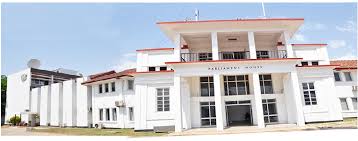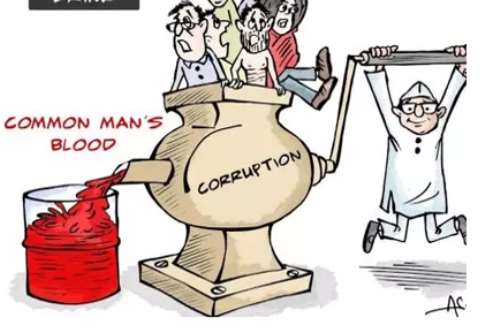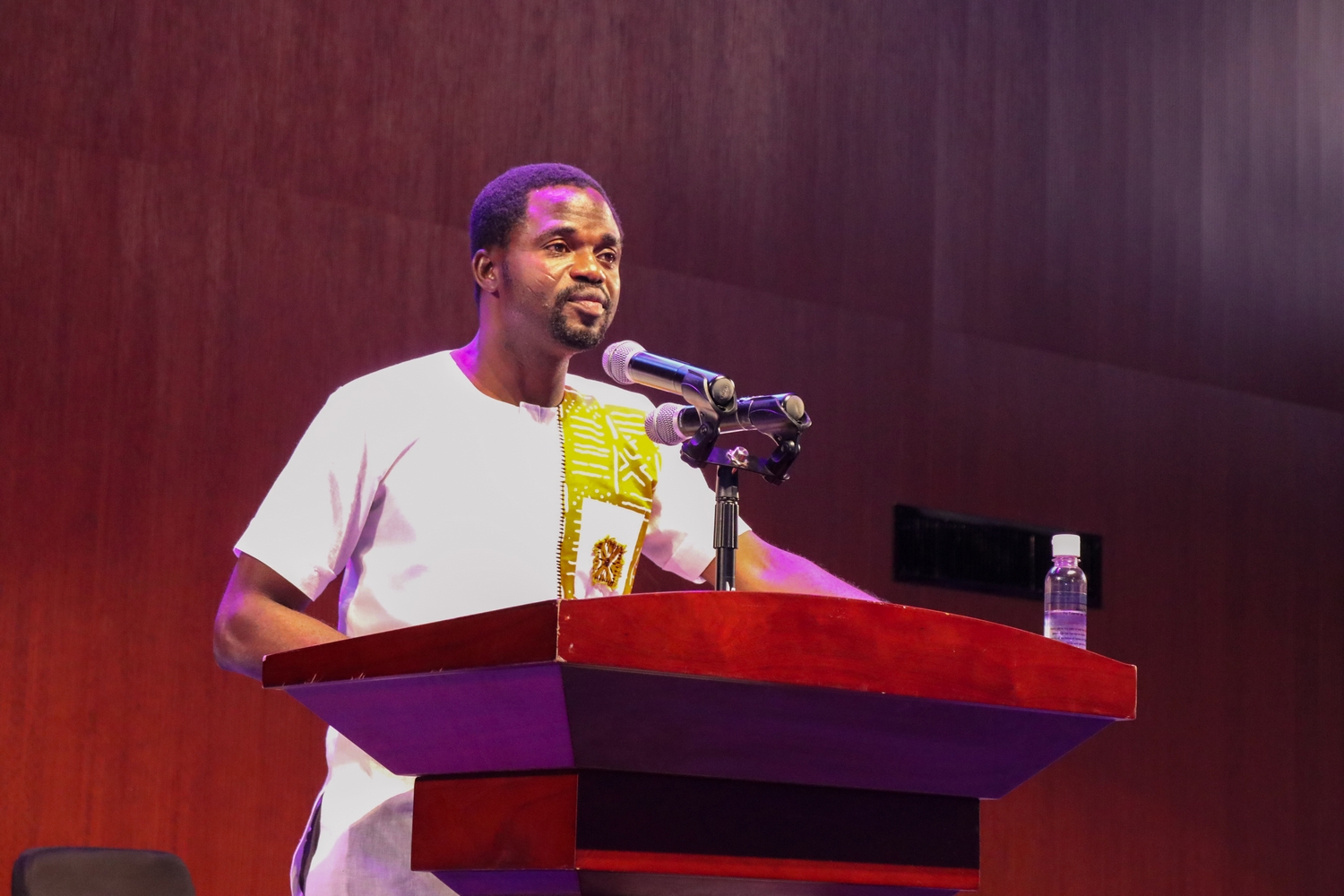Ace investigative journalist, Manasseh Azure Awuni, has passionately advocated for stronger anti-corruption mechanisms in Ghana, emphasizing the need for the Commission on Human Rights and Administrative Justice (CHRAJ) to be given prosecutorial powers.
Speaking at the Constitutional Review Committee’s Stakeholders Engagement on Anti-Corruption, Manasseh drew from real-world experiences to highlight the systemic failures that undermine Ghana’s fight against corruption.
“I want to add my voice to the call for CHRAJ not only to be able to investigate but also to prosecute. I say this because in many instances, CHRAJ completes its report, sends it to the attorney general, and then nothing happens.”
Manasseh Azure Awuni, Ace Investigative Journalist
Manasseh recounted how CHRAJ spent eleven years investigating a case involving the procurement of sanitation equipment by various assemblies.
The scandal revolved around wide contracts awarded for the supply of sanitation tools; however, according to Manasseh, the assemblies were made to pay for equipment that was never delivered.

According to him, a whistleblower, concerned about the glaring irregularities, petitioned CHRAJ, adding that the company at the center of the scandal challenged CHRAJ’s jurisdiction, taking the matter to court.
Nevertheless, Manasseh indicated that CHRAJ persevered and ultimately won the case, affirming its mandate to investigate the matter.
He further disclosed that after more than a decade of commitment, resource expenditure, and legal battles, CHRAJ completed its report and handed it over to the Attorney-General’s office.
The report recommended the recovery of significant sums of money, of which 10% was to be awarded to the whistleblower as stipulated by law, yet, Manasseh noted that no action has been taken years later.
“As we speak, nothing has come out of it, The whistleblower didn’t get anything. The state did not get a pesewa of the money that was supposed to be retrieved. And that company is still doing very good business.”
Manasseh Azure Awuni, Ace Investigative Journalist
Flaws in Ghana’s Anti-Corruption Framework
Manasseh’s account drew sobering attention to a persistent flaw in Ghana’s anti-corruption architecture: the lack of prosecutorial power for investigative bodies like CHRAJ, which allows political inertia and bureaucratic bottlenecks to derail the course of justice.
According to him, the Attorney-General’s Department, often influenced by political considerations, becomes a bottleneck when it comes to acting on high-profile investigative reports.

This example, he argued, is not an isolated incident but a symptom of a broader, structural failure in Ghana’s fight against corruption.
The Attorney-General, he suggested, often operates within a political ecosystem where relationships with ruling party politicians and powerful business interests may compromise prosecutorial decisions.
In such a context, CHRAJ’s role as an independent investigative body must be complemented with the legal authority to prosecute.
“If we think that the political class the Attorney-General often represents may be compromised… they cannot do the work, at least CHRAJ should be empowered that way.”
Manasseh Azure Awuni, Ace Investigative Journalist
Manasseh’s advocacy for institutional reform did not end with CHRAJ. He also made a compelling case for rethinking the legal threshold for proving corruption in court.
He criticized the rigid requirement of “beyond a reasonable doubt” as being ill-suited to the nature of corruption in Ghana, where transactions often leave no paper trail and where illicit enrichment rarely comes with receipts.
“We know that corruption in this country has advanced. But we are yet to get to that stage where corrupt persons would offer receipts for amounts of money they receive.”
Manasseh Azure Awuni, Ace Investigative Journalist
In most cases, Manasseh Awuni explained, it is difficult to trace documentation that conclusively shows a grossly inflated contract or the underhanded redistribution of public funds.
For example, a contract worth GHS 5,000 might have been originally meant to cost just GHS 100, but without documentation or witnesses, prosecutors struggle to meet the high bar of proof required by the courts.

To address this challenge, he called for the introduction of laws that reverse the burden of proof in corruption-related cases, particularly when individuals are found to be in possession of vast sums of unexplained wealth.
“We should begin to push for the burden of proof to be on whoever is caught with money they cannot explain. If we do that, we won’t have people like Cecilia Dapaah walking freely.”
Manasseh Azure Awuni, Ace Investigative Journalist
Cecilia Dapaah, a former Sanitation Minister, became the center of national controversy when reports surfaced that over a million dollars in cash was stolen from her home, sparking public outrage and suspicion over the source of her wealth.
Despite investigations, she remains unprosecuted, symbolizing the very impunity Manasseh Awuni wants to see eradicated.
He further invoked the damning evidence uncovered in his own investigative documentary “Contracts for Sale”, which implicated the former head of the Public Procurement Authority (PPA) Adjenim Boateng Adjei.
The documentary revealed that the PPA boss had received approximately GHS 41 million in unexplained cash deposits within just two and a half years of being in office.

To date, Manasseh decried that no prosecution has occurred, and there has been no known effort to recover the funds or verify if real estate or other assets were acquired with ill-gotten wealth.
“Since 2019, this revelation has happened. As we speak, nobody has even followed up to determine what other properties he may have bought”.
Manasseh Azure Awuni, Ace Investigative Journalist
The call by Manasseh Awuni to reverse the burden of proof mirrors international legal practices in jurisdictions that have adopted “unexplained wealth orders” to fight corruption.
According to him, such laws require individuals to justify the source of assets deemed disproportionate to their declared income.
In his view, this would significantly tilt the balance in favor of accountability in Ghana.



















